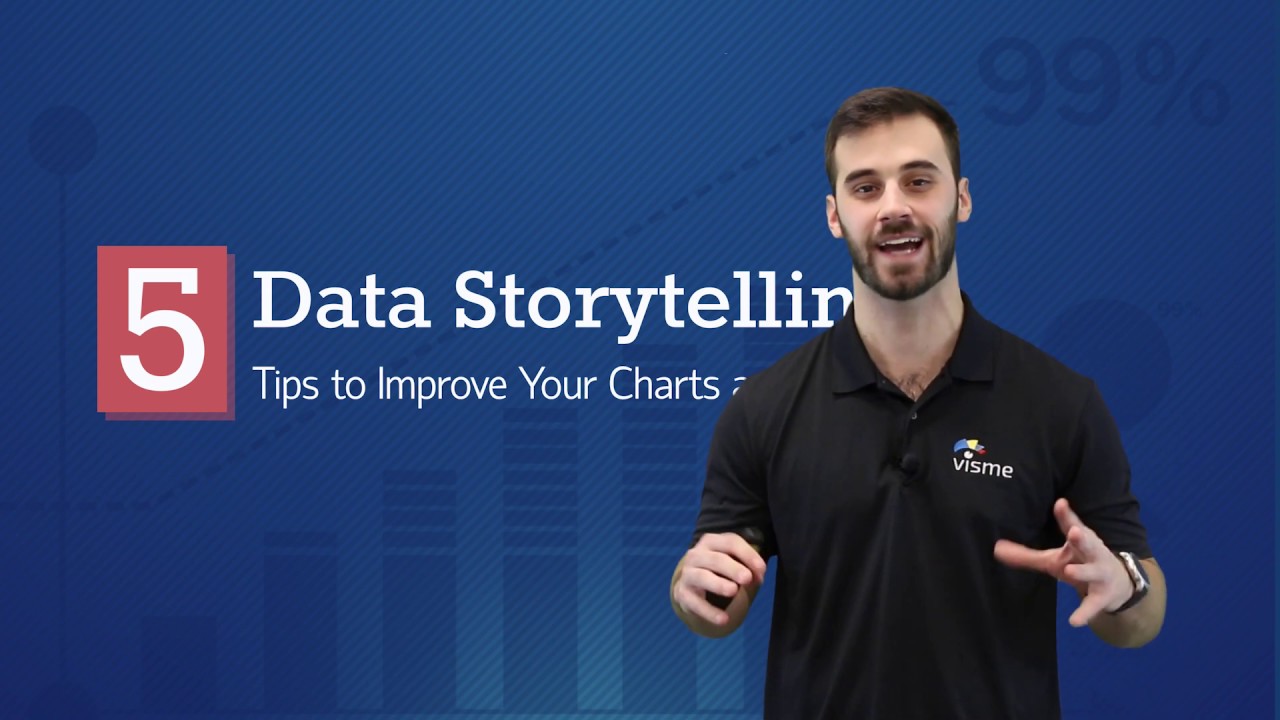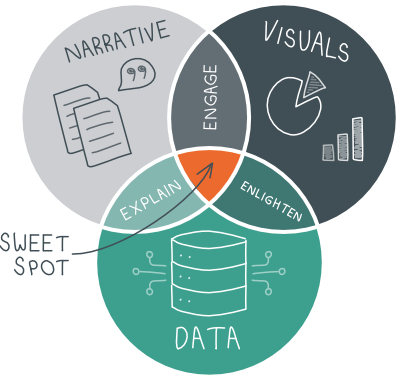Data storytelling media coverage- Data and storytelling are probably not two things you'd associate with each other. They do, however. Data storytelling may help you turn dry information into intriguing stories, which could result in high-profile media attention for your company.
But what exactly is it, and how can you put it to use? Let's take a closer look at data-driven storytelling, why it's essential, and how you can use it in your marketing approach.
What Is Data Storytelling, And How Does It Work?
Let's start with data. In the right hands, data may be extremely powerful. When you perform a research study or a survey, the data you collect provides valuable insight into your sector. It has the potential to identify patterns, habits, prevailing attitudes, and so on. It could also reveal new, shocking information that people are interested in learning about.
So now you have the information. However, if you simply give your audience with raw data and stats, you will most certainly overload them. Nobody wants to comb through pages and pages of data and spreadsheets in order to find the information they need.
It's up to you to turn those pages of numbers into actual, concrete stories with meaning.
This is where the art of storytelling comes into play. Get to the bottom of the data's tale. What about this information should pique your audience's interest? Will it have an impact on the way individuals in your sector work? Is it having an emotional impact on the community as a whole? When sorting through pitches, media outletslook for this. They want something that their target audience will love and share.
The 5 Keys To Effective Data Storytelling
Do Your Homework
It all boils down to having the appropriate information. Examine the archives of the news organization to discover as much as you can about the types of stories they publish and how often they do so. If the source only publishes contentlike yours once a month, for example, you may have a difficult time getting its attention.
Find out what kind of content is available at the outlet. Is it more interested in visual stuff like videos and infographics? Or do you primarily use text-based content? This will assist you in tailoring your content approach to maximize its attractiveness.
Always do your homework on the writers you're pitching. What types of articles have they published? What kind of information did they use? What was the format of the presentation?
The last thing you want to do is send out a pre-written pitch that you saw online. It should have a personal touch. Every day, media outlets receive a large number of email pitches, with the quantity increasing dramatically for top-tier publications such as The Wall Street Journal and The New York Times. While a pitch template might be useful as a starting point, take the time to customize it for each recipient.
Make A Personal Connection
Straight data doesn't have a lot of attraction, if any at all. A lot of the time, it's just a bunch of numbers and percentages. It necessitates giving the data a face — in other words, creating a human connection or tale that engages your audience.
It doesn't have to be difficult. Simply demonstrate how this information affects your community. Which of these two headlines, for example, do you find more appealing?
Headline 1: A New Study Reveals Cell Growth
Researchers Discover A Key to Cancer Treatment (Headline #2)
I believe we can all agree that the second one appeals to us more. What is the reason for this? Both headlines allude to the same data collection, but the second one goes beyond the numbers and gives readers an emotional reason to care.
That is the crux of the situation. "Why should people care?" is the key, underlying question to consider while employing data storytelling. You're one step closer to success if you can answer it.
Take A Look At Your Intended Audience
You won't garner media attention if you just state the facts. Connect such facts to your target audience to bring them to life. To do so, you must first figure out who they are and what they desire.
Consider who the audience of the media outlet is. The following questions will assist you in narrowing down your options...
- What is the average age of the group?
- What roles do they play?
- What are their passions?
- What are their main worries?These responses will point you in the right direction for tailoring your material to the media outlet and its target audience.
Keep An Eye Out For Data Sources
You may have data on hand that you can use on occasion, which is fantastic. It's more convenient and unique to you. But it's not the end of the world if you don't. Data-driven storytelling is still a viable option.
Data is everywhere, and thanks to the internet, finding it is easier than ever. Examine data that is openly available on government websites and on social media.
If you already have a huge audience, try using a survey provider like SurveyMonkey to send out questionnaires and surveys and then analyzing the results.
Extend Your Reach
Hyper-specialized industry topics will only get you so far; eventually, you'll run out of things to talk about. That's why it's equally critical to cast a wide net and branch out into other topics within your field.
Let's say you're an accountantwho specializes in small businessaccounting. Begin with the accounting. What other subjects are related to that? This will most likely lead to financial planning, taxes, and moneymanagement. Consider how moneyaffects individuals in businesses starting a family, purchasing a home, putting money down for retirement.
You could go on and on about it. Expand it in the same way that you would a mind map. Then take a seat and ask yourself, "Which of these topics do people care about the most?" Then do some research to find out what people's questions and worries are concerning those areas.
5 Public Relations Tools To Aid Your Storytelling Campaign
BrandWatch
This handy tool allows you to keep track of what's going on with your brand in real time. At the touch of a button, keep track of brand mentions and industry trends. You'll be able to examine your brand's health in real time and be alerted to any difficulties that develop.
Traackr
Do you want to engage with your audience but are concerned that traditional advertisements would not be effective? Influencersare unquestionably the way to go. Traackr is one of the most effective influencer management solutions available right now. Simply type in a keyword, and Traackr will provide a list of top influencers, complete with contact information, reach, and information about what they do.
Keywords Everywhere
This excellent tool will provide you with important keyword information for your article. It will tell you the search volume, CPC, and level of competition for every keyword you select. This utility is available as a browser extension for Chrome and Firefox.
Prezly
Prezly is a one-stop shop for all of your public relations needs. You may pitch articles, maintain contacts, and publish your content on its site. Its statistics also allow you to track the results of your campaign over time, allowing you to understand what works and what needs to be tweaked.
Answer The Public
Answer the Public is a free research tool that reveals what questions people have about a particular issue. Simply type in a term or topic, and the engine will search the web for the most frequently asked questions on that subject. It's a fantastic approach to develop content that is sure to please your target audience.
What Is Data Storytelling?
The activity of creating a narrative around a piece of data and its supporting visualizations in order to assist explain the meaning of that data in a powerful and compelling way is known as data storytelling.

Five Data Storytelling Tips to Improve Your Charts and Graphs
Which Is An Element Of Data Storytelling?
Data storytelling is an organized method of delivering data insights that combines three main components: data, images, and narrative.
What Are Some Of The Components Of Effective Data Storytelling?
Author Brent Dykes demonstrates how tomix the three key aspects of data storytelling: data, narrative, and images, for maximum impact.




